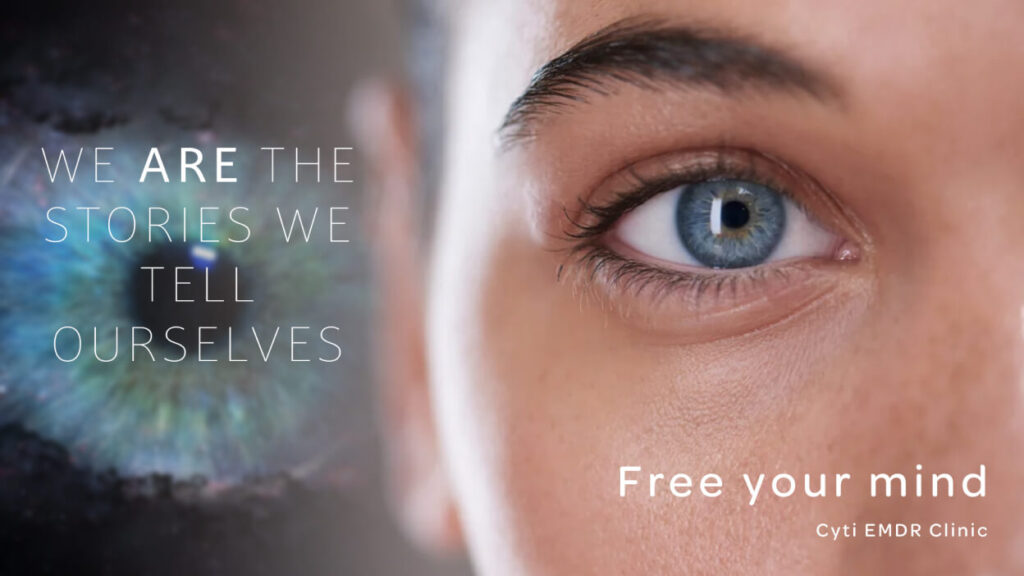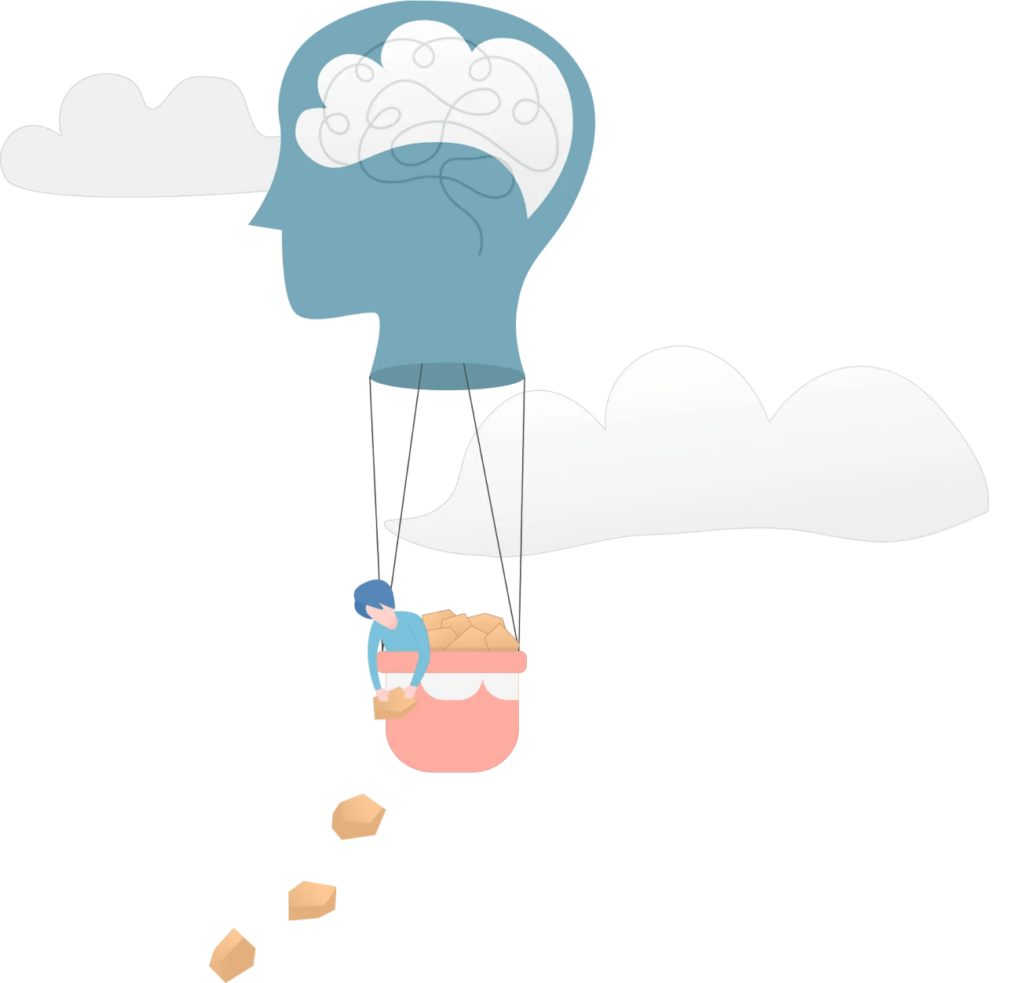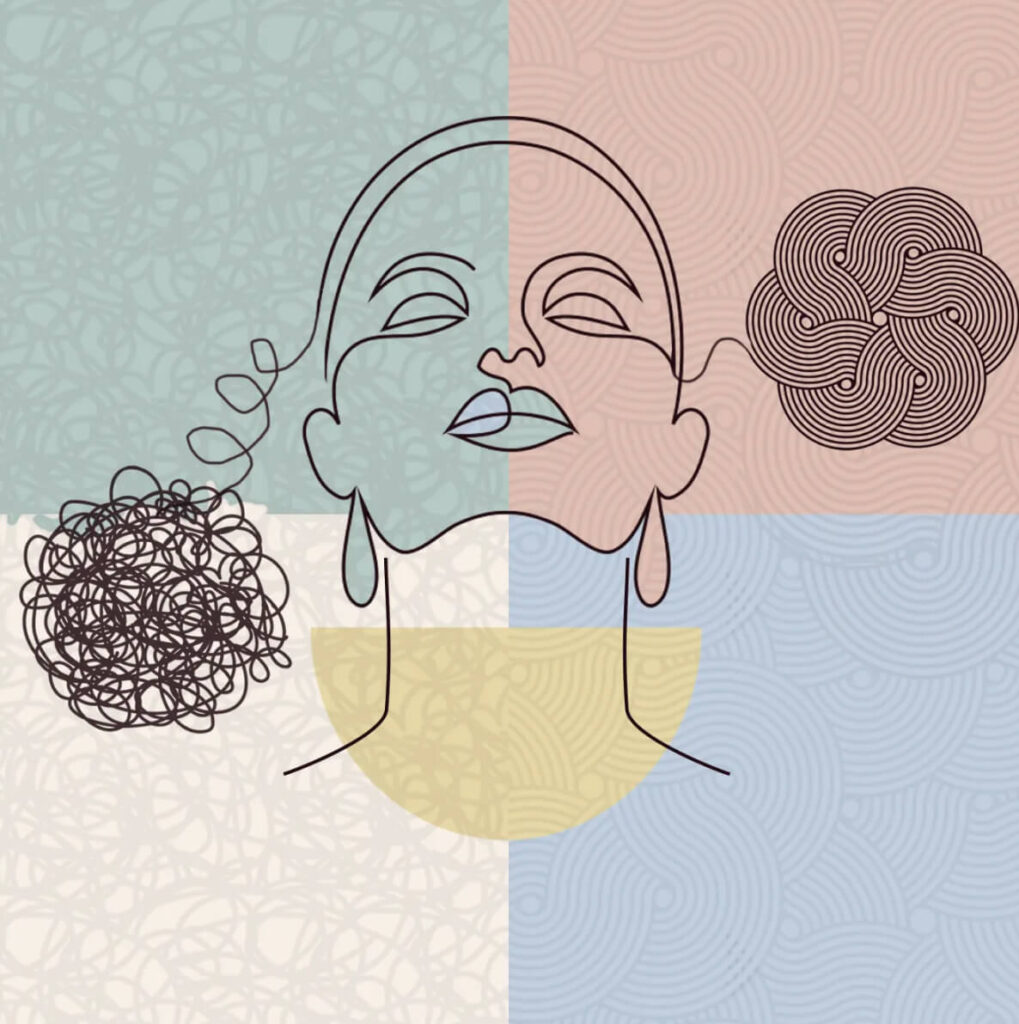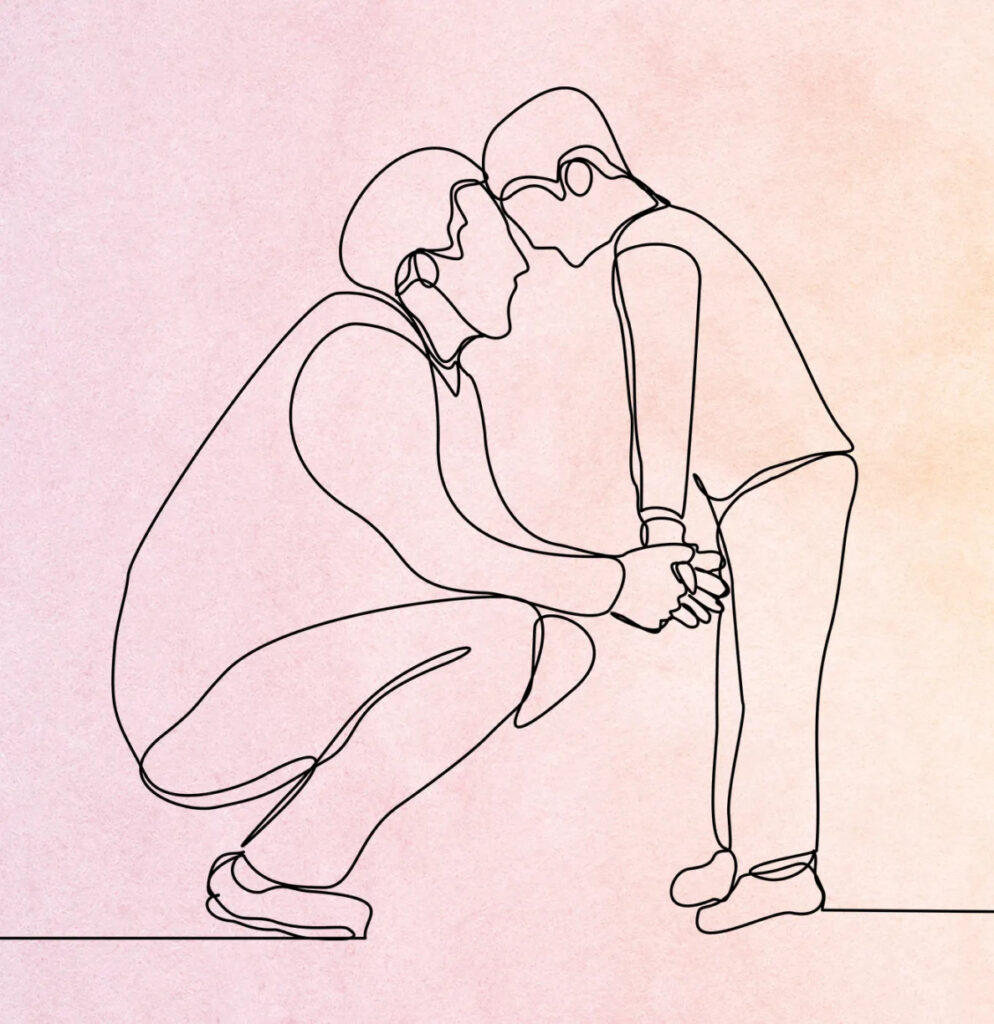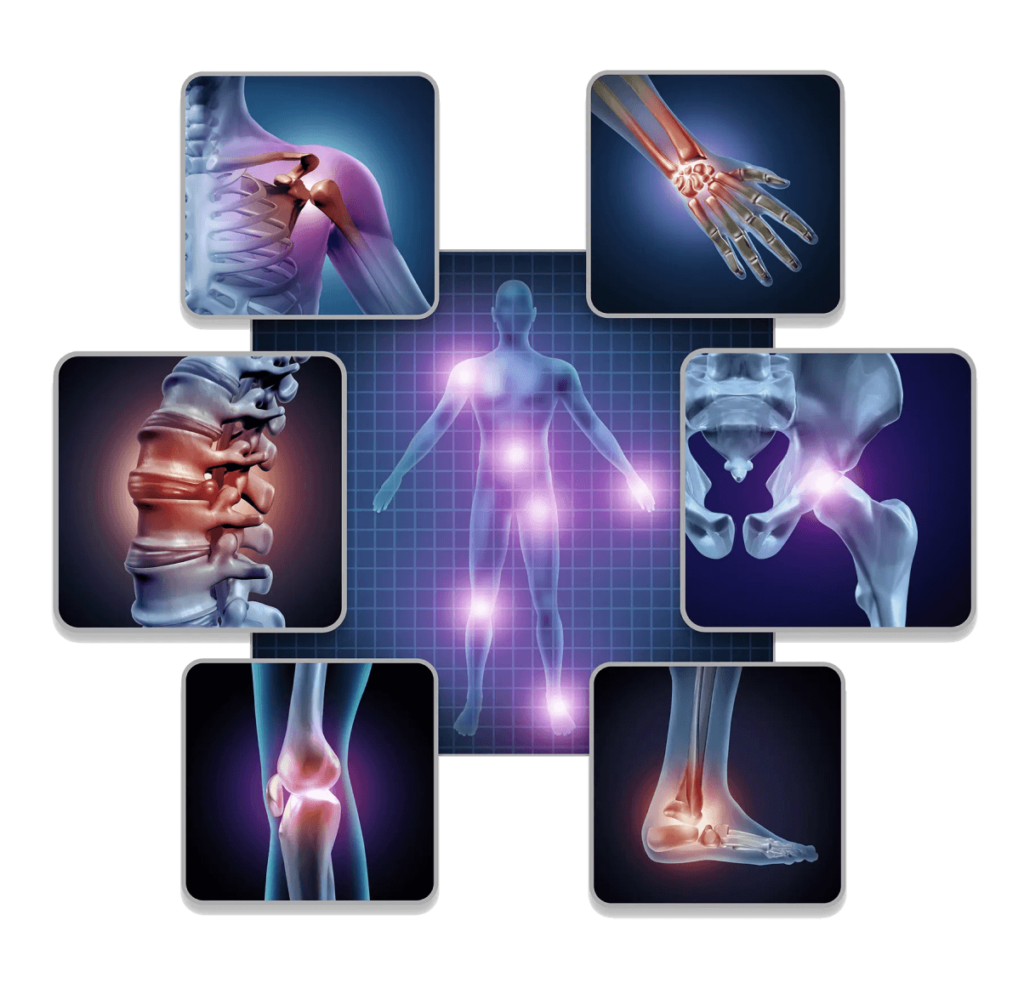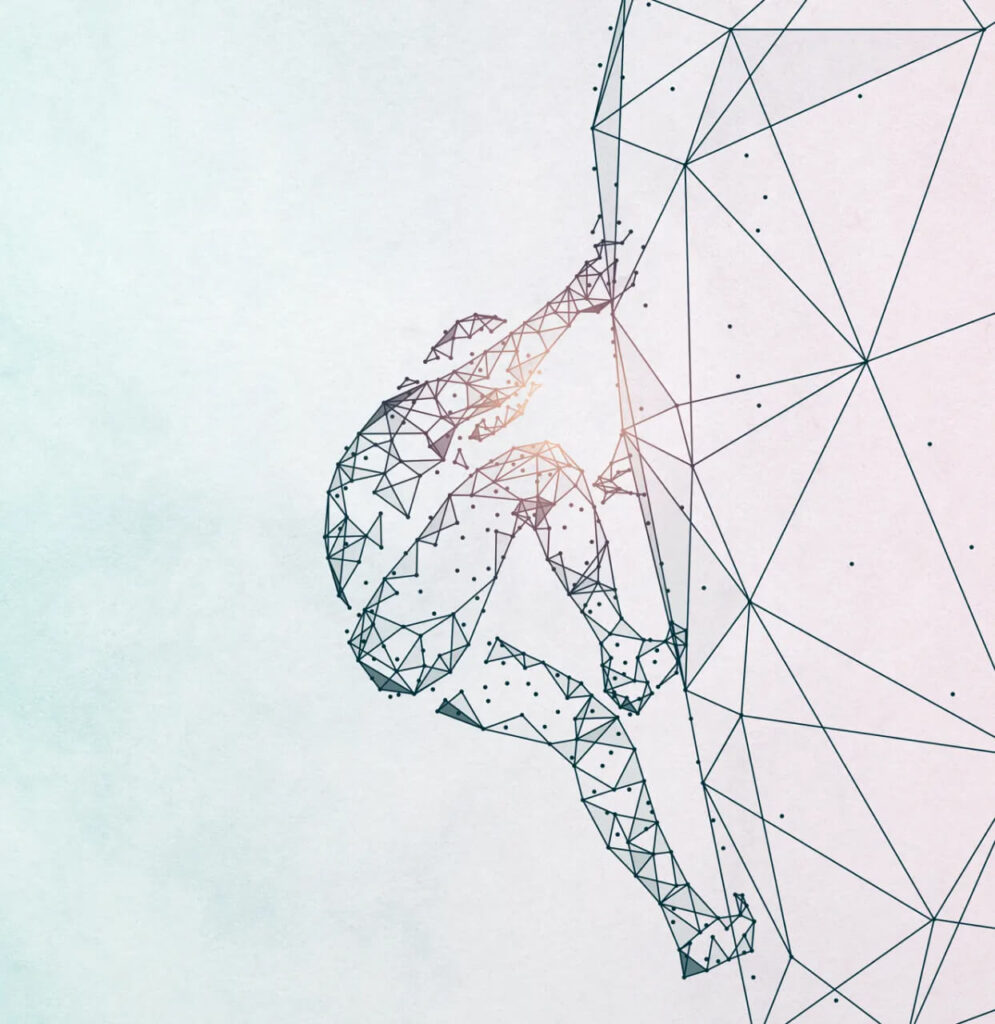Couples
Feeling disconnected from your partner? It’s a normal part of any healthy relationship, but it can be can be stressful and difficult. Intimacy is not just sex and magic. Much like a garden, it requires effort to cultivate and time to grow.
Whether you are facing recent stressors you can’t get past, hoping to improve intimacy, regain trust after infidelity, or learn how to communicate and deal with conflict in a blended family, we can help. Our couples counselors are licensed and trained in research-backed treatments and modalities and will work with you both together and individually to help you achieve your goals of harmony and understanding.
Couples counseling isn’t just for couples in crisis — it’s for partnerships of all kinds at every life stage. Monumental changes can shift the balance of relationships, and even the strongest couples need some help to navigate the changing tides. Cyti Psychological is a passionate and committed provider of couples therapy. Explore to learn more about our couples therapy clinic and our approach to nurturing healthy intimacy and relationships. When you’re ready, Get Started.








